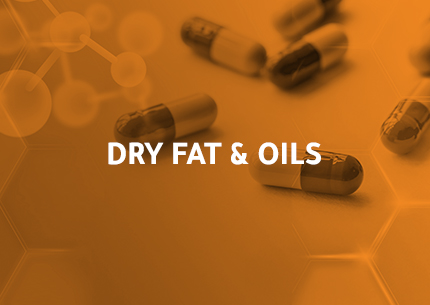Any oil that your skin absorbs quickly can be referred to as a dry oil. Oils that leave a residue on your skin, on the other hand, are often called wet oils. Most dry oils are made from vegetables, herbs, or seeds that contain polyunsaturated fatty acids, such as linoleic acid.

Liposomes as drug and nutraceutical delivery system
Introduction:
Liposomes are spherical, phospholipid-based vesicles that are composed of a bilayer membrane enclosing an aqueous compartment. They have been extensively investigated as drug and nutraceutical delivery vehicles due to their ability to encapsulate a wide range of hydrophilic and hydrophobic compounds. Liposomes offer several advantages over conventional drug delivery systems, including improved pharmacokinetics, biocompatibility, and reduced toxicity.
Liposome Characteristics:
Liposomes have several unique characteristics that make them ideal for drug and nutraceutical delivery. They are biocompatible and biodegradable, which means that they are not toxic to the body and can be safely metabolized. They are also able to protect encapsulated drugs and nutraceuticals from degradation and clearance by the immune system, thereby prolonging their circulation time in the body.
Liposome Applications:
Liposomes have been used to deliver a wide range of drugs and nutraceuticals, including anticancer agents, antibiotics, vaccines, and dietary supplements. One of the most promising applications of liposomes is in cancer therapy, where they are used to deliver chemotherapeutic agents directly to tumor cells while minimizing systemic toxicity. Liposomes have also been used to improve the delivery of poorly soluble drugs and nutraceuticals, such as curcumin and resveratrol, which have limited bioavailability when administered orally.
Conclusion:
Liposomes are versatile and effective drug and nutraceutical delivery vehicles that offer several advantages over conventional drug delivery systems. They can be tailored to the specific needs of the compound being delivered, and their biocompatibility and biodegradability make them safe for use in humans. Future research in this area will likely focus on improving liposome stability and targeting, as well as developing new liposome formulations for specific applications.